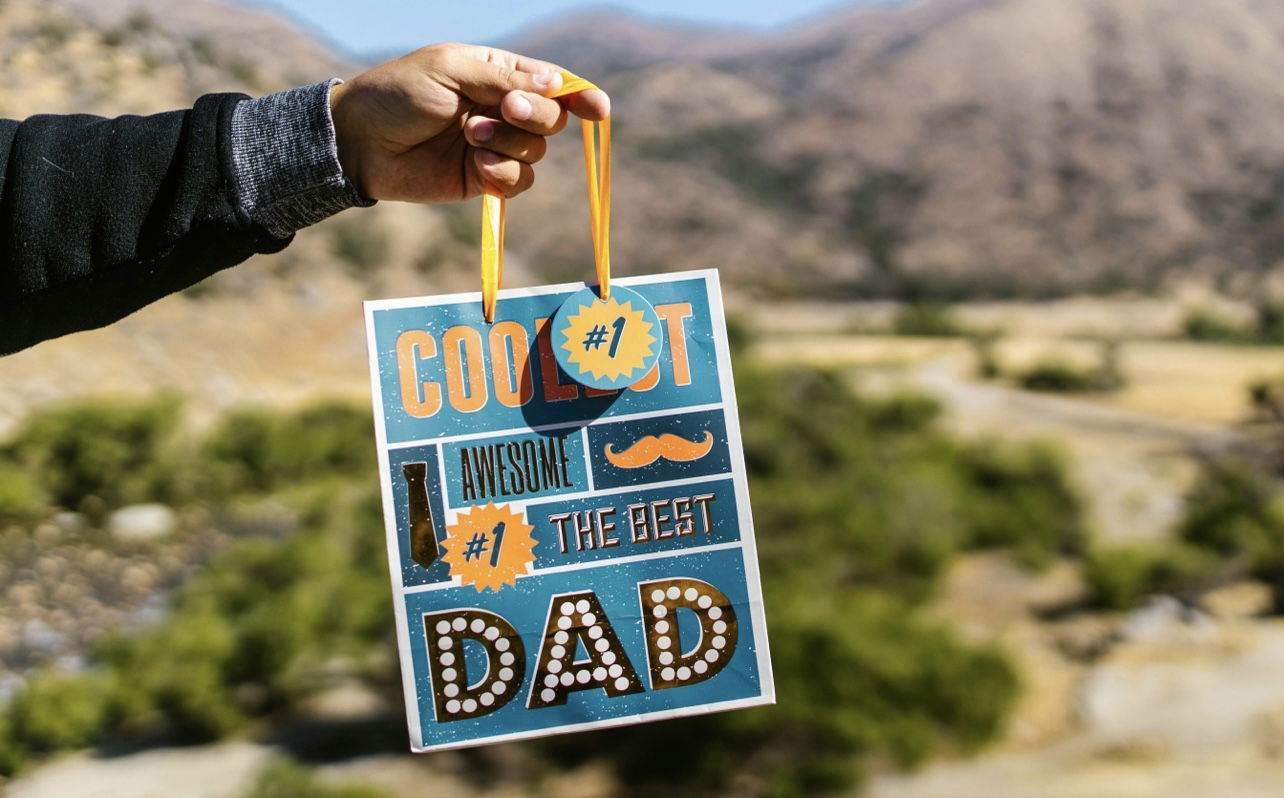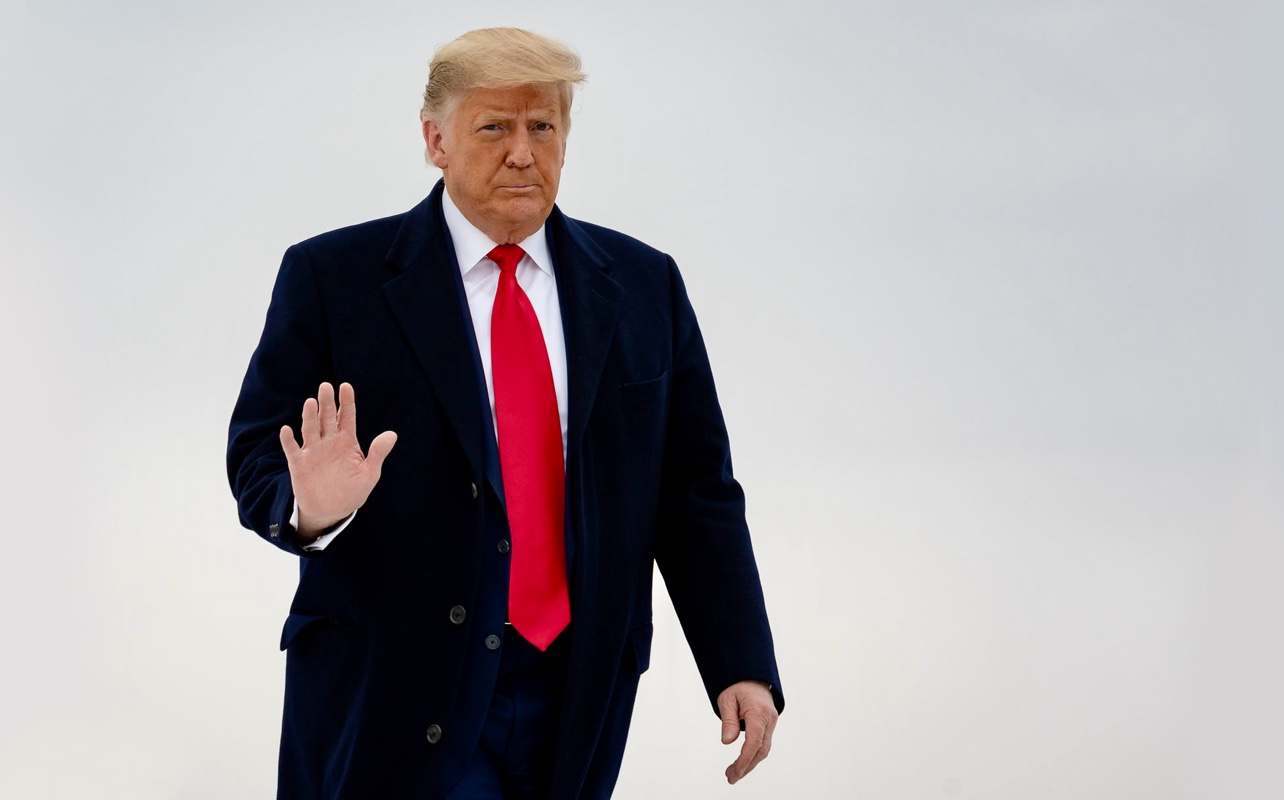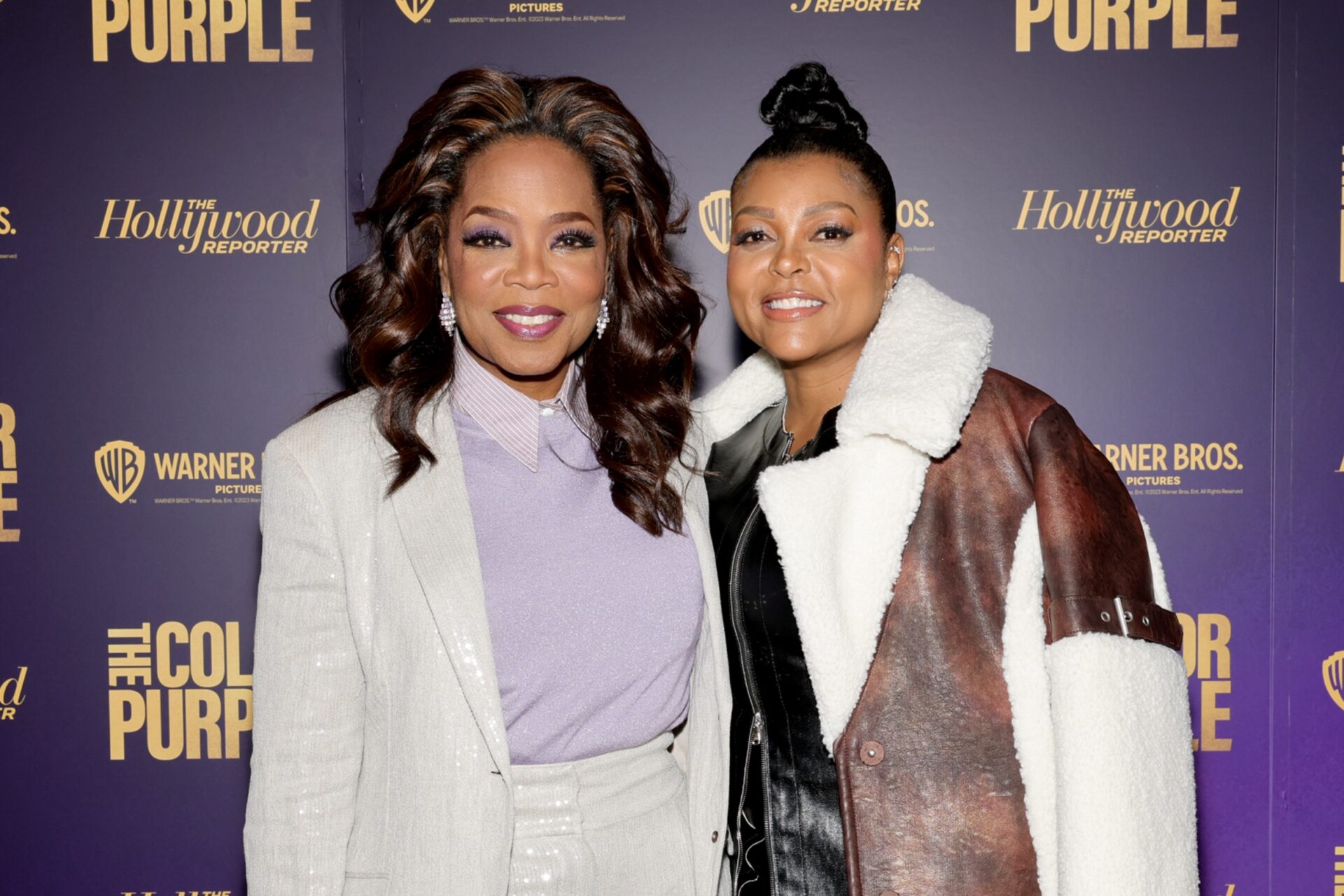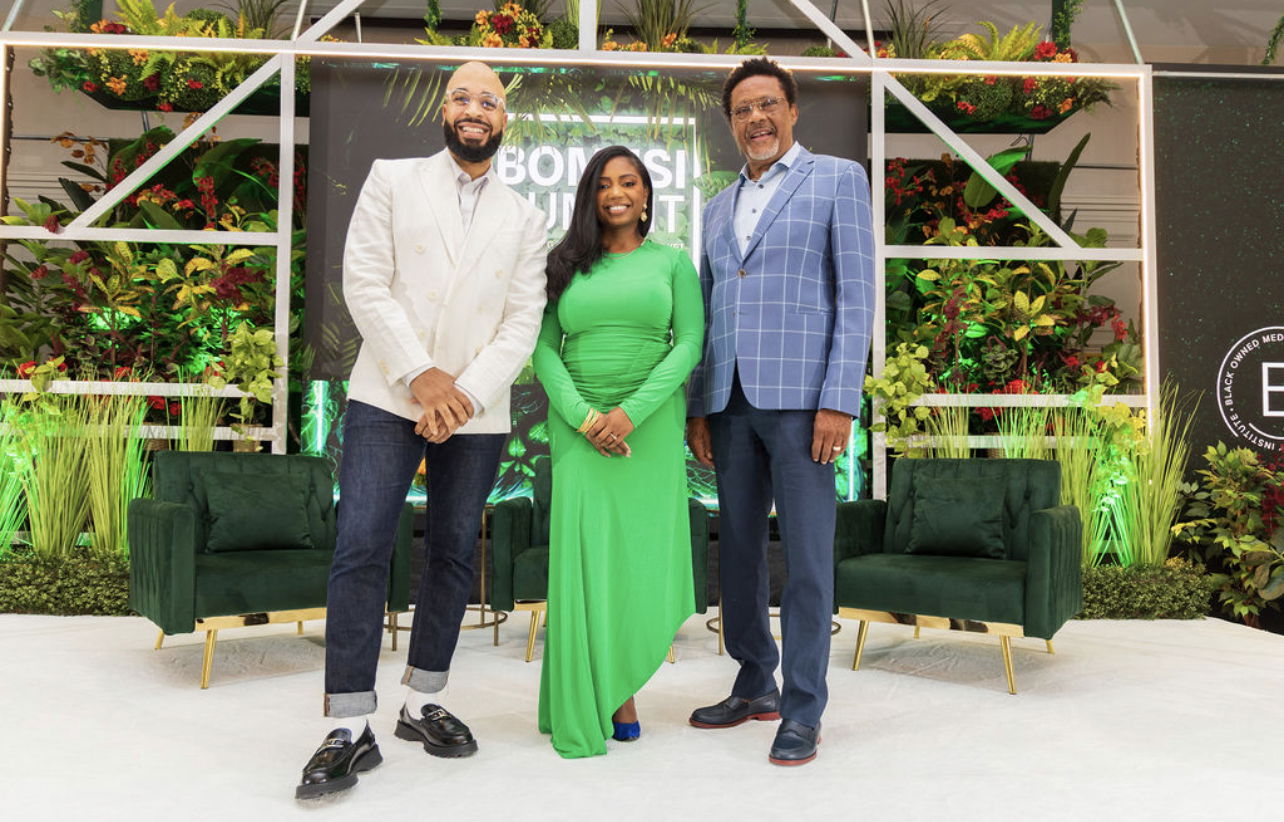
June 10, 2025
The Ultimate Father’s Day Gift Guide: Tech, Travel, and Black-Owned Brands Dads Will Love
These dads deserve it.
Father’s Day is more than just a Sunday in June that rolls around once a year. It’s a chance to celebrate all the dads, father figures, and mentors who help shape families and communities for the better. These dads deserve the best, so why not shower them with items they can get excited about?
Whether your dad is a gadget guy, a traveler, or a proud supporter of Black-owned businesses, BLACK ENTERPRISE curated a Father’s Day gift guide in three parts that covers meaningful, memorable gifts across tech, travel, and culture.
TECH HE’LL TREASURE: For the dad who loves smart upgrades and even smarter tech toys
Meta Quest—For the Dad Who Never Stopped Gaming
Looking for the ultimate gift for your game-loving dad? The Meta Quest 3 might just blow his mind. This isn’t just any VR headset, it’s a gateway to another dimension for dads who can’t put their controllers down. Whether he’s battling virtual monsters, exploring the streets of Paris from your living room, or sweating through a fitness app, this wireless wonder delivers and you can join in on the fun. Snag one at Meta.com or Best Buy for $499.
Ember Smart Mug 2—For the Dad Who’s Always on Zoom
If your dad works remote and bounces between Zoom calls, the Ember Smart Mug 2 might just be the gift for him for Father’s Day. This clever little mug keeps coffee perfectly hot for a solid 80 minutes. No more grimacing through that last frigid gulp or making microwave trips between meetings. Morning coffee, afternoon pick-me-up, the temperature stays just right. Cop one from the company website.
Ray-Ban Meta Smart Glasses—For the Dad Who Likes Tech That Looks Cool
Ray-Ban Meta Smart Glasses are too legit. They are multifunctional in that they have a camera, play music, and respond to voice commands, all while looking like classic Ray-Ban shades. Your father can snap photos of family moments without fumbling for his phone. He can switch tracks on his playlist with a simple voice command. They don’t scream “I’m wearing a computer on my face,” either. They’re just stylish frames that can be purchased from Ray-Ban’s website or Best Buy stores.
TRAVEL & EXPERIENCES: For the Dad Who Deserves a Getaway
Bourbon Trail Weekend in Kentucky
Kentucky’s Bourbon Trail might just be the perfect Father’s Day escape you haven’t thought of yet. You can tackle this adventure however you want: join a group tour or grab a map and wander at your own pace. The cool thing about the Bourbon Trail is it works for pretty much everyone. Check out one of the Black-owned bed & breakfast locations along the way or hook up with The Black Bourbon Society for some of its amazing curated experiences.
Drive A Dream Car Day
Drive a Dream Car Day is perfect for gearheads and adventure-loving fathers who drool over exotic cars. With a pro instructor riding shotgun, dad will finally get to feel what it’s like to rev up the horsepower under the hood of their fantasy car. From the roar of a Ferrari engine to the sleek lines of a Lamborghini or the precision handling of a Porsche, this Father’s Day gift will not disappoint. Prices start at $249.
Weekend Stay at a Black-Owned Boutique Hotel
Consider sending dad away for a weekend at a Black-owned boutique hotel. Whether he’s into laid-back luxury or urban adventures he’ll enjoy it. Picture two nights at a distinctive Black-owned spot where every room has its own personality and flair. These aren’t cookie-cutter chain hotels. They’re havens that showcase Black excellence in the hospitality world. Dad can actually catch his breath, reflect, and recharge his batteries in style. Check out The Oak Bluffs Inn on Martha’s Vineyard, a charming little gem with picture-perfect views and rooms that feel like a warm hug. Or maybe The Moor in New Orleans, where he can soak up the city’s incredible culture while enjoying seriously stylish digs. For something truly spectacular, there’s also the Salamander Resort in Virginia’s Shenandoah Valley. The place is gorgeous, with amenities that’ll make him forget what stress even feels like.
BLACK-OWNED BRANDS HE’LL PROUDLY REPRESENT
Scotch Porter Beard Collection
The Scotch Porter Beard Collection by Calvin Qualli is perfect for a father who takes pride in his facial hair. The set comes with everything dad needs: beard wash, conditioner, balm and serum, to keep his mane looking well-groomed. This beard collection uses natural ingredients and the scents are pleasant, not overpowering like some men’s products can be. It works wonders on thicker or curlier beard hair too. Sometimes the best gift is just helping him upgrade his morning routine. Any dad who cares about his appearance will appreciate this one. His beard will thank you, and so will he!
Talley & Twine Watches
Some fathers know time is valuable, Check out Talley & Twine Watches. This Black-owned watch company creates stunning timepieces that won’t break the bank. These watches make for great gifts he’ll treasure for years. Each one has “The Reward of Patience” engraved on the back.
Bourbon by Greenwood Whiskey
Greenwood Whiskey’s bourbon is not just any spirit, this premium bourbon draws inspiration from Tulsa’s historic Black Wall Street. Perfect for those evenings when Dad unwinds with a glass of something smooth while appreciating a bit of meaningful history. What better way to celebrate him than with a bottle from this Black-owned brand that stands for resilience and excellence? The flavor profile is seriously impressive, rich and distinctive. You can grab a bottle online.
RELATED CONTENT: 10 Dope Things To Do With Dad For Father’s Day








